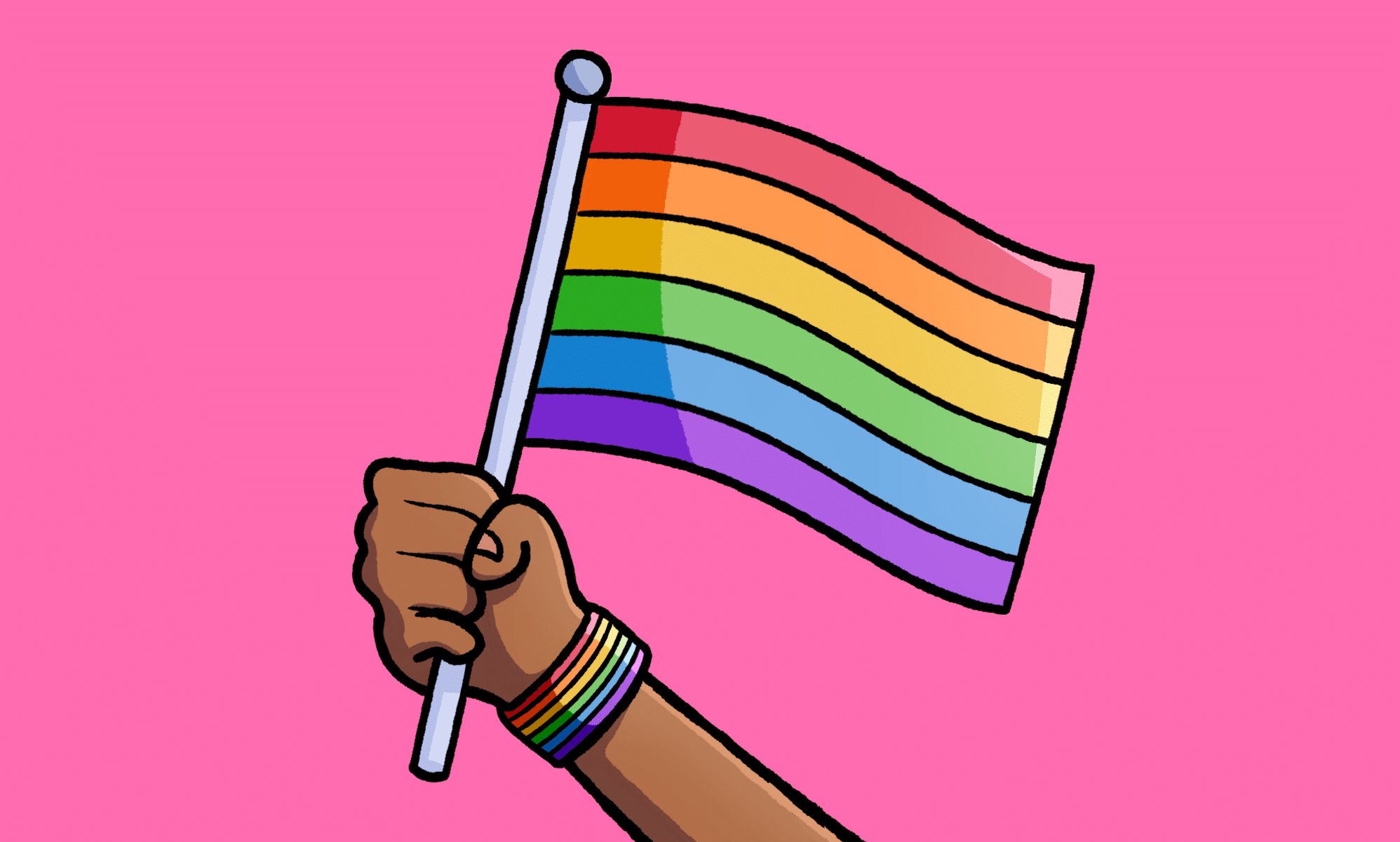LGBT people find home in interfaith spirituality

Since 1997 a ground-breaking UK Seminary has trained and ordained more than 600 ministers — among them, high numbers of LGBT people — who are not aligned to any specific religion, and are determined not to start another one.
They are part of the OneSpirit Interfaith Foundation, which, according to its website, is part of “the awakening of an inclusive global spirituality, in ourselves and in the world, through training and enabling open-hearted men and women to serve people of all faiths and none in our diverse communities”.
OneSpirit interfaith ministers are independent ‘freelance’ ministers, without churches or temples or mosques. Many work leading ceremonies such as weddings and funerals, others take their work to volunteering in police services, prisons, or hospitals.
The Foundation particularly appeals to many LGBT people, who have felt disillusioned with their own religion, whatever that may be.
One interfaith minister is Ade Adeniji, who found OneSpirit after the end of a significant relationship made him question everything he thought he knew about his identity.
“Religion was always in the background of my childhood. My parents came from a Muslim household, although my mother converted to Christianity. I drifted away from Christianity in my 20’s, as I struggled to reconcile being gay with what I was hearing in church,” says Ade Adeniji.

He felt restricted by the life he’d created for himself, so resigned from his corporate job and became ordained. He now works freelance as a coach, facilitator and consultant.
“I consider how I show up in my life as my ministry,” Adeniji said. “When manifesting this in my work, my core intention is to be a catalyst for healing and awakening. In every moment, every interaction.”
Amy Firth is an Interfaith minister in London, and co-leads the OneLight Gathering, billed as ‘London’s monthly interfaith ceremony.’
Firth also helped to organise OneSpirit’s presence at this summer’s Pride Parade, where “ministers, students, mates and lovers” could march behind a banner proclaiming ‘Love Unites.’

“This training — if it calls to you — will grab you by the ribcage and not let you go. It was both exquisite and excruciating,” Firth said.
“It’s deeply enriching and exhausting work as you feel into the edges of your life and beliefs to reach an ever-deepening understanding of what you know to be True. I knew at once that I belonged in this circle and was loved for who I was.”
“Right now, more so than ever – the world needs lovers,” she said.
Ian Bonner-Evans said he understands why many LGBT people find a home in OneSpirit. Bonner-Evans was a Christian minister in the early 2000s when he did a lot of LGBT campaigning, but resigned when he became “tired and disillusioned with what I then understood the religious or spiritual life to be.”
Ordained as an interfaith minister over a decade later, in 2016, Bonner-Evans says he has been able to grow emotionally, psychologically and spiritually.
“I was touched in the very core of my being and energized in a mysterious way for the life of service ahead.”
A new group of trainee ministers will begin the two-year training this October. The training takes place over sixteen weekends, and also involves summer retreats, small study groups and personal assignments.
There are a number of scholarships available for applicants who “represent or serve a disadvantaged or under-represented community”.
Jackie Amos Wilkinson, the Foundation’s faculty lead, says the training involves each person exploring their own biography, developing skills in holding ceremonies, and also in spiritual counselling.
“It is both profound and simple. It is a supported self-inquiry into some key questions: Who am I? Who or what is God? And how can I use my gifts to serve the whole?”

